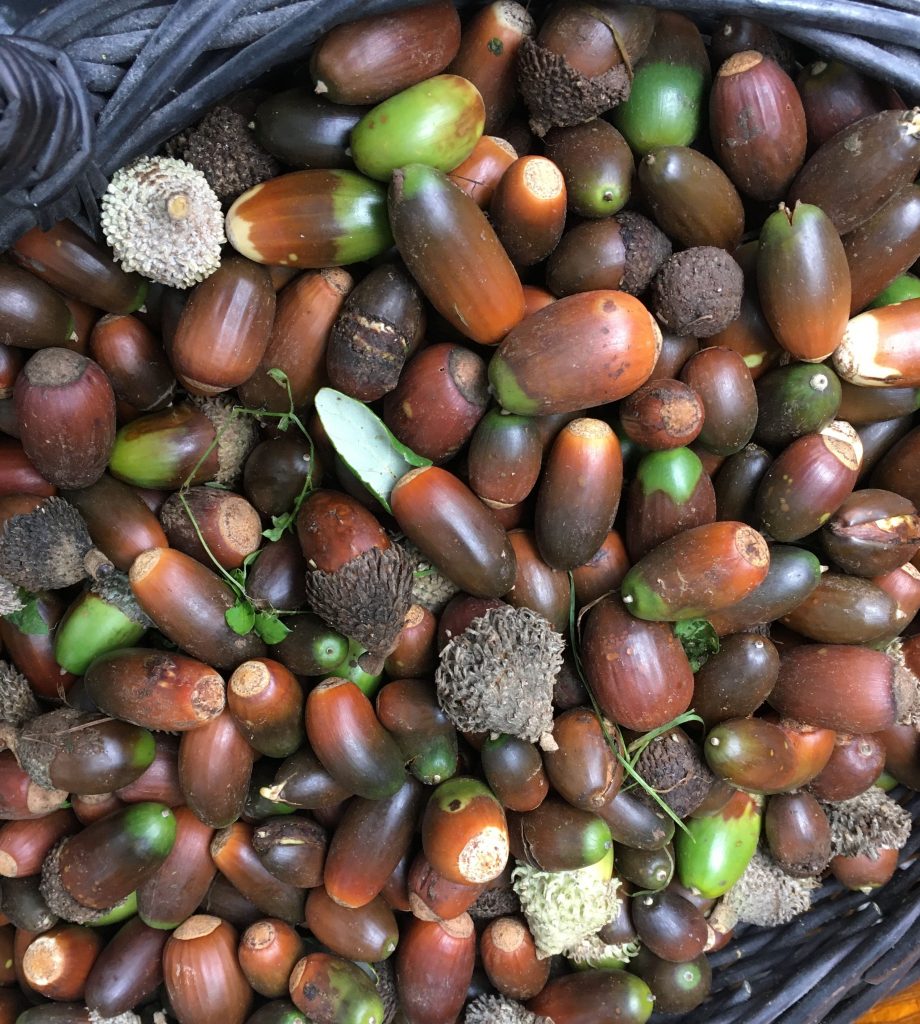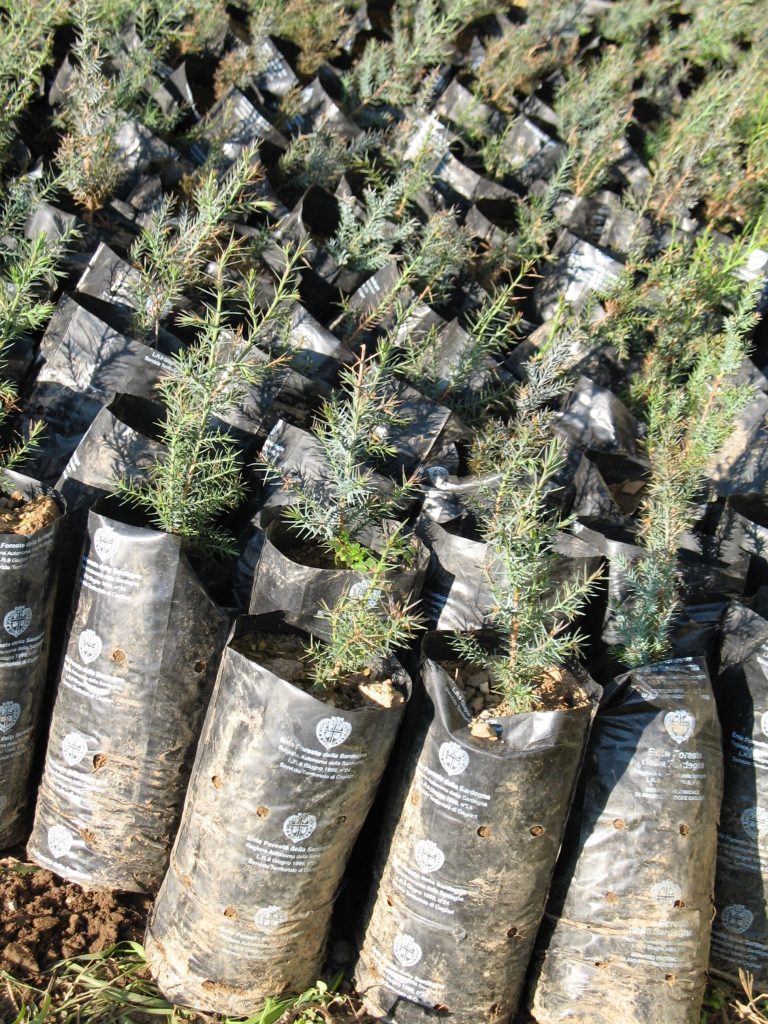IUFRO Spotlight #85 – Variety: the spice of life, also for future forests

Forests in the Mediterranean and similar biodiversity hotspot regions are degrading rapidly due to the interaction of multiple stressors – both natural and anthropogenic.
The accelerated degradation poses a serious threat to the diversity of forest genetic resources (FGR).
To that end, a IUFRO Task Force (TF): Strengthening Mediterranean Nursery Systems for Forest Reproductive Material Procurement to Adapt to the Effects of Climate Change, has been organized to investigate the issue.
While the TF title may be somewhat unwieldy, the TF’s role is clear: to provide the basic scientific information needed to maintain diversity in the forest nursery production chain; to apply serious and scrupulous certification criteria; and to support the adaptation of future forests to environmental changes.
At this time, “there is an increasing risk of irreversible losses of many endemic forest tree species/populations or of unique marginal/peripheral ecotypes harbored in biodiversity hotspot regions due to climate change effects,” said Dr. Giovanbattista de Dato, of Italy’s Council for Agricultural Research and Economics (CREA) and Coordinator of the TF.
The TF is focusing on how to improve the quality and suitability of the forest reproductive material (FRM) used in forest plantings, how to preserve high levels of genetic diversity in the produced FRM and how to avoid extensive losses in forests caused by using FRM that is maladapted or has low genetic variation; parameters that are especially important for the resilience and sustainability of forests in the face of climate change.
This requires the collected FRM to be as diverse as possible. The above goal can be achieved by securing the selection of different (non-related) mother trees within and among populations.
A high degree of diversity is needed in the case of FRM transfer to distant areas or to different climates, to ensure the local adaptation of the transferred planting material.
“Diversity is the fundamental element of ecosystems, species and populations that safeguards their survival, growth, long-term adaptation and evolution.
“There is a need to initiate a process to collect, catalogue and combine the existing knowledge on the availability and use of forest basic reproductive material in the Mediterranean basin in order to achieve the harmonization of all required steps,” Dr. de Dato said.
“Economic and societal aspects have to be overcome,” said Dr. Fulvio Ducci, a colleague of Dr. de Dato at CREA. “Especially in the Mediterranean basin it’s not rare that the forest economy is a subsistence economy, the forest nurseries are not well equipped, and their personnel often may not be well-trained. And, frankly, there is often little attention paid to the FRM certification and identification systems.”
One of the major challenges, according to Dr. Paraskevi Alizoti, of the Aristotle University in Thessaloniki, Greece, and Deputy Coordinator of the TF, is that nurseries often gravitate toward fast-growing seedlings. While this may facilitate a quick turnover, it results in culling seedlings that, due to their genetic makeup, may be slow growth starters but tend to grow faster later in the course of their development, or bear other traits of adaptive significance that would assist in adaptation and survival in an environment that, due to climate change, is continuously changing.

To meet those challenges, the TF’s goal is to raise awareness among nursery managers, forest managers and owners on the importance of preserving the genetic variability of FRM throughout the nursery system as it represents an active form of adaptation.
“Disseminating a flowchart of the correct steps and actions that need to be taken to maintain and use the forest genetic resources (FGR) to the nursery managers, forest managers and nursery owners can be a major step forward,” Dr. Alizoti said.
At the end of the TF’s five-year lifespan a shared information base on the seed forests of the Mediterranean regions will be one of the expected results. Then, as Dr. Ducci noted, convincing the various countries to adopt effective identification and certification systems could be a great result.
And, Dr. de Dato added, another positive outcome would be the development of guidelines for nursery managers, forest managers and owners, that explain, clarify and stress the importance of conserving genetic variability along the nursery chain, due to its key role in the adaptation of species and populations to climate change.
“With more existing variation among the individuals within a population, it is more likely that some of them will be better suited to the environmental challenges to be faced.
“In other words, genetic diversity guarantees the greater ability of a species or a population to adapt and survive in a continuously changing environment due to climate change and this can be secured by the high level of genetic variation harbored in the FRM produced by forest nurseries that will then be used for forest plantings,” he concluded.
IUFRO Task Force “Strengthening Mediterranean Nursery Systems for Forest Reproductive Material Procurement to Adapt to the Effects of Climate Change”:
https://www.iufro.org/science/task-forces/mediterranean-nursery-systems/
The IUFRO Task Forces are established on a temporary basis during each 5-year IUFRO Board term and focus on emerging key forest-related issues. The nine current TFs will run till 2024 at which time their relevance will be assessed in relation to the forest issues of the day.
View all IUFRO Spotlights at http://www.iufro.org/media/iufro-spotlights/

Leave a Reply